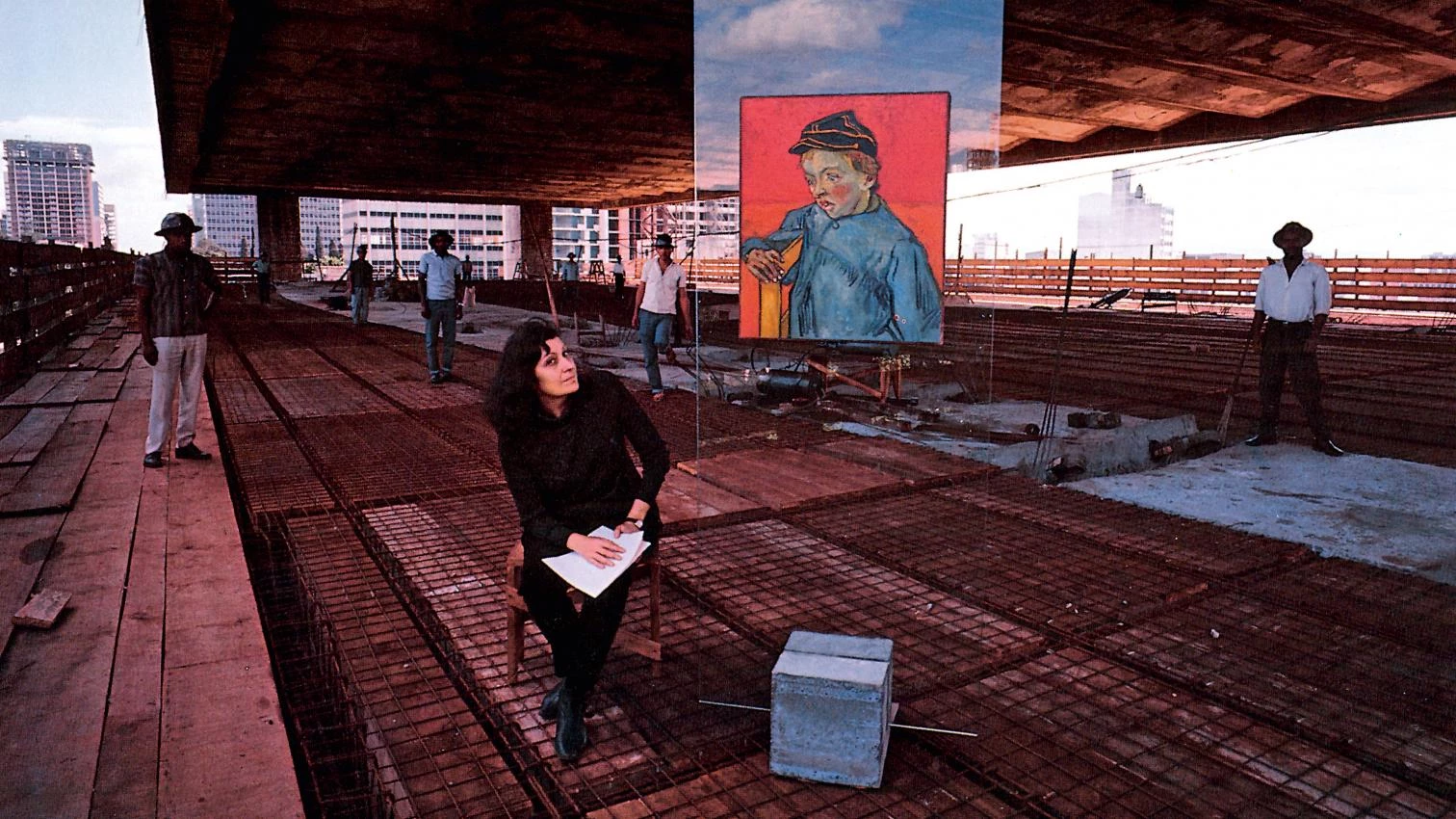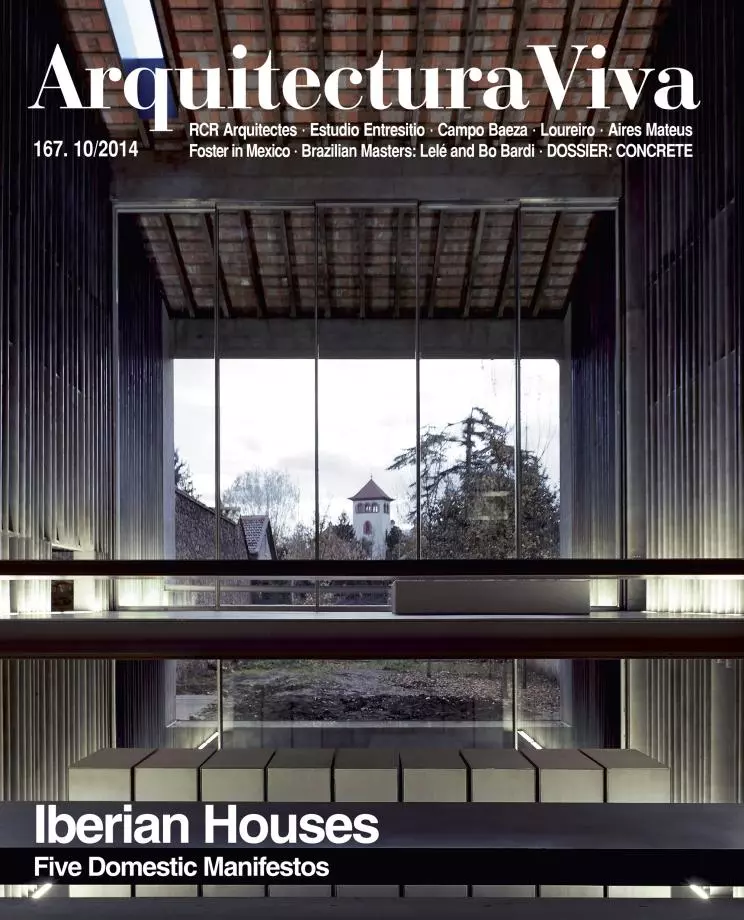
Born in Rome in 1914, Lina Bo Bardi moved from Italy to Brazil in 1946 with the baggage of bitter disappointment at the moral degradation of the ‘old continent’ brought on by fascism. In her view, Brazil stood out at the time as a country on the sure path of modernization, with vigorous modern architecture, youthful enterprising energy, and a group of industrialists determined to culturally de-provincialize the city of São Paulo, where Bo Bardi settled with her husband, the art critic, journalist, and art dealer Pietro Maria Bardi. His rationalist training, of an internationalizing stream, set the tone for her early Brazilian projects, such as what is known as the Glass House (1951), built for the couple itself in the Morumbi neighborhood. In criticism, her defense of the constructive character of Brazilian architecture led her to refute the accusations of European critics like Max Bill and his friend Bruno Zevi against ‘Brazilian style.’ In this context, Bo Bardi quickly established a broad front of public actions, opening a factory of modern furniture (the Studi d’Arte Palma), founding a magazine of art and architecture (Habitat), and starting up the first program of industrial design studies in São Paulo...
[+]





